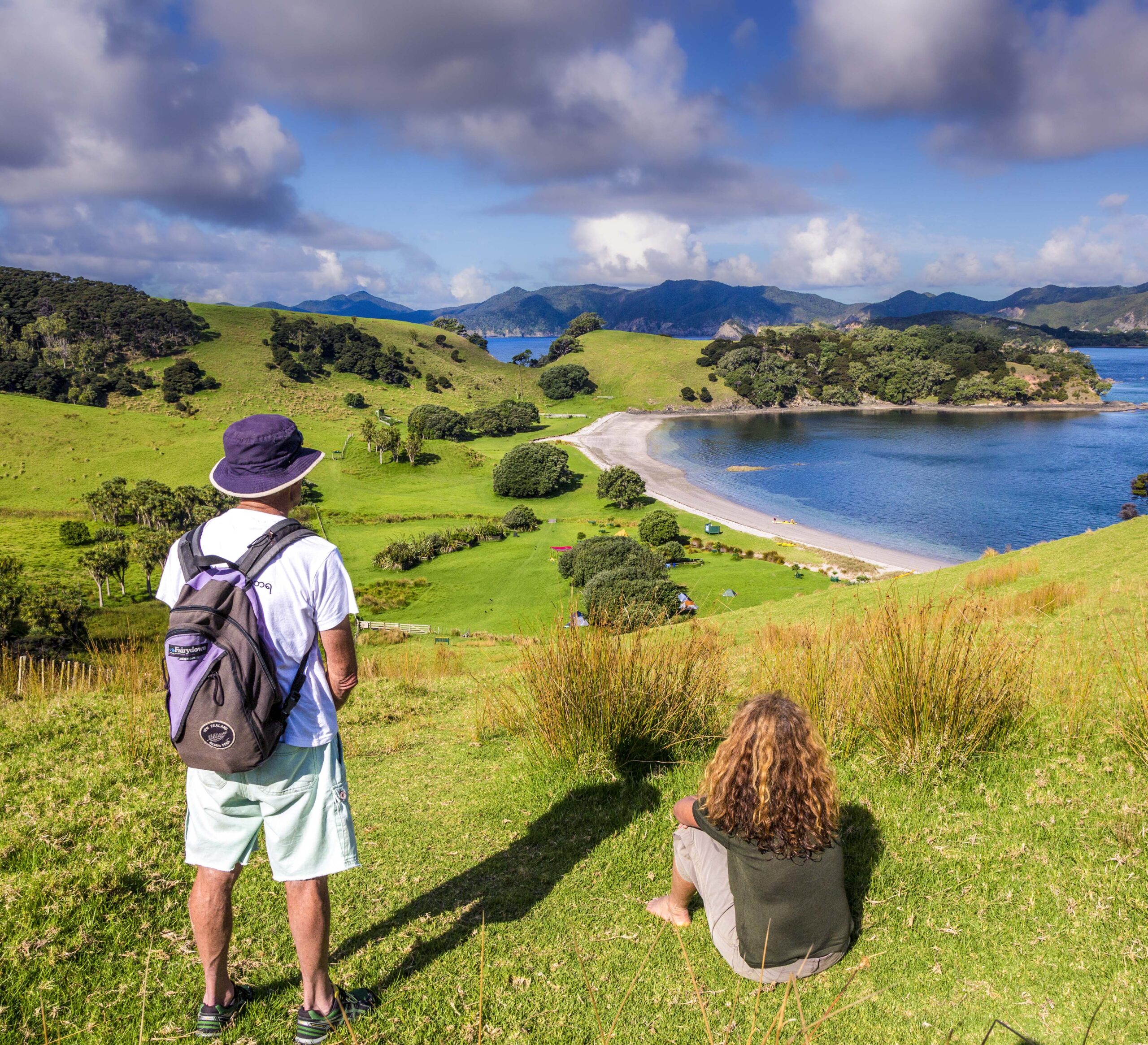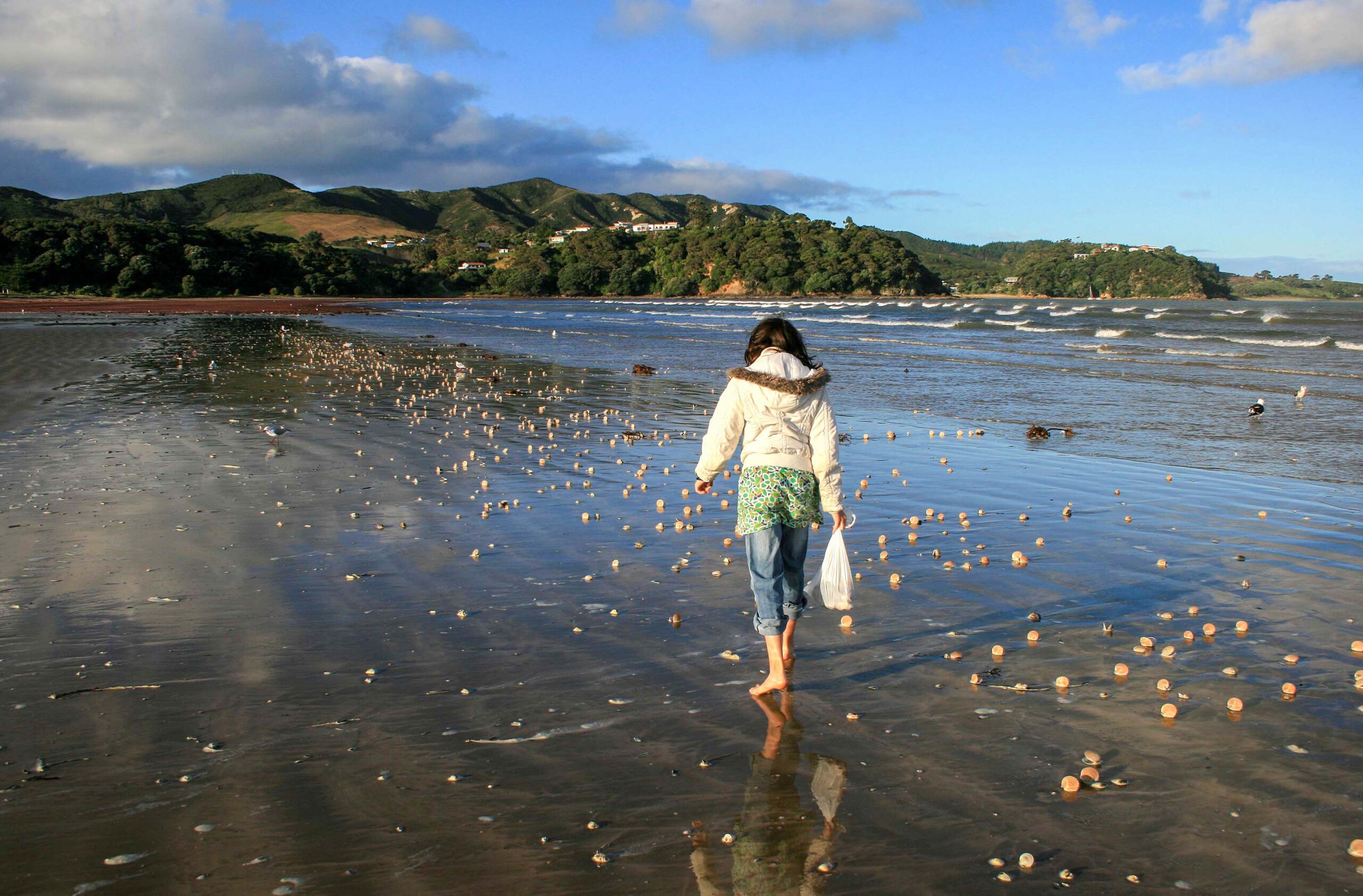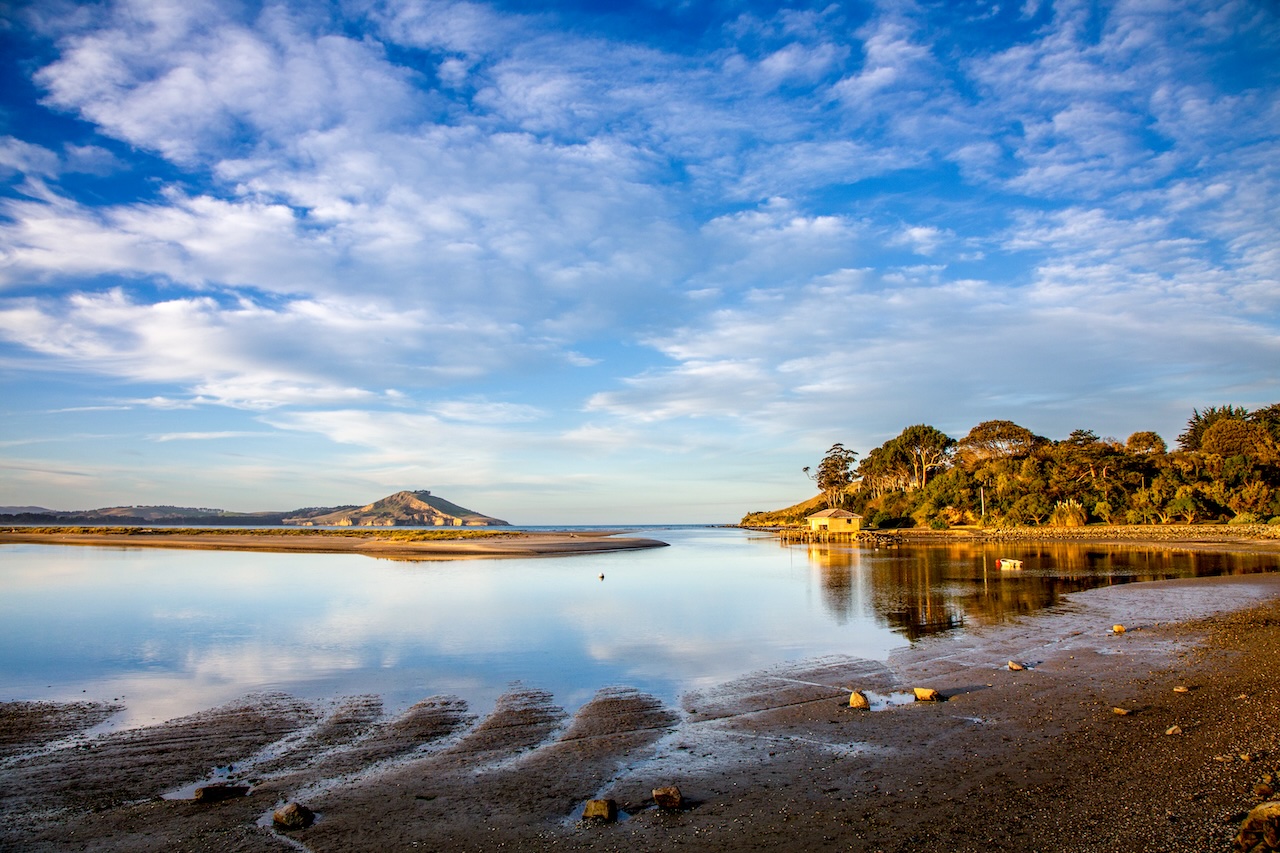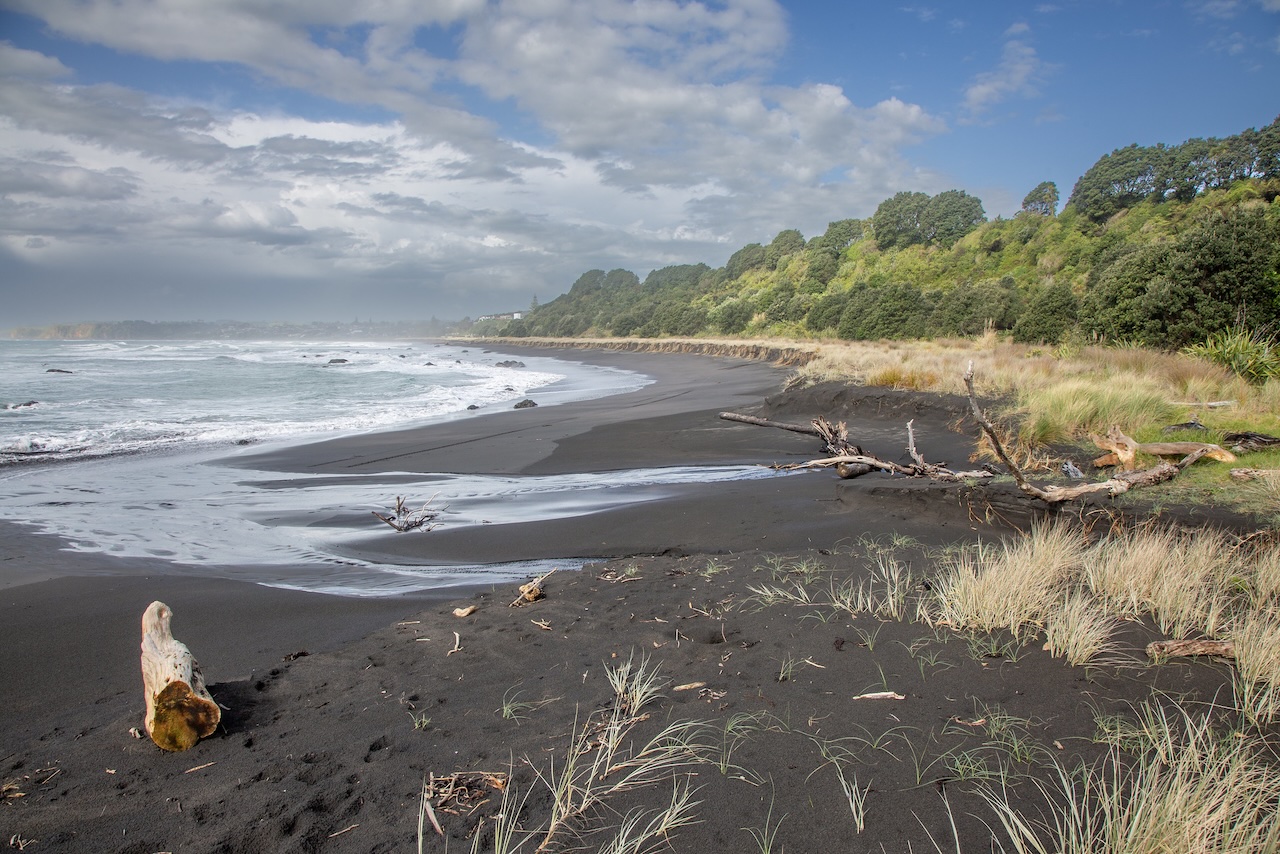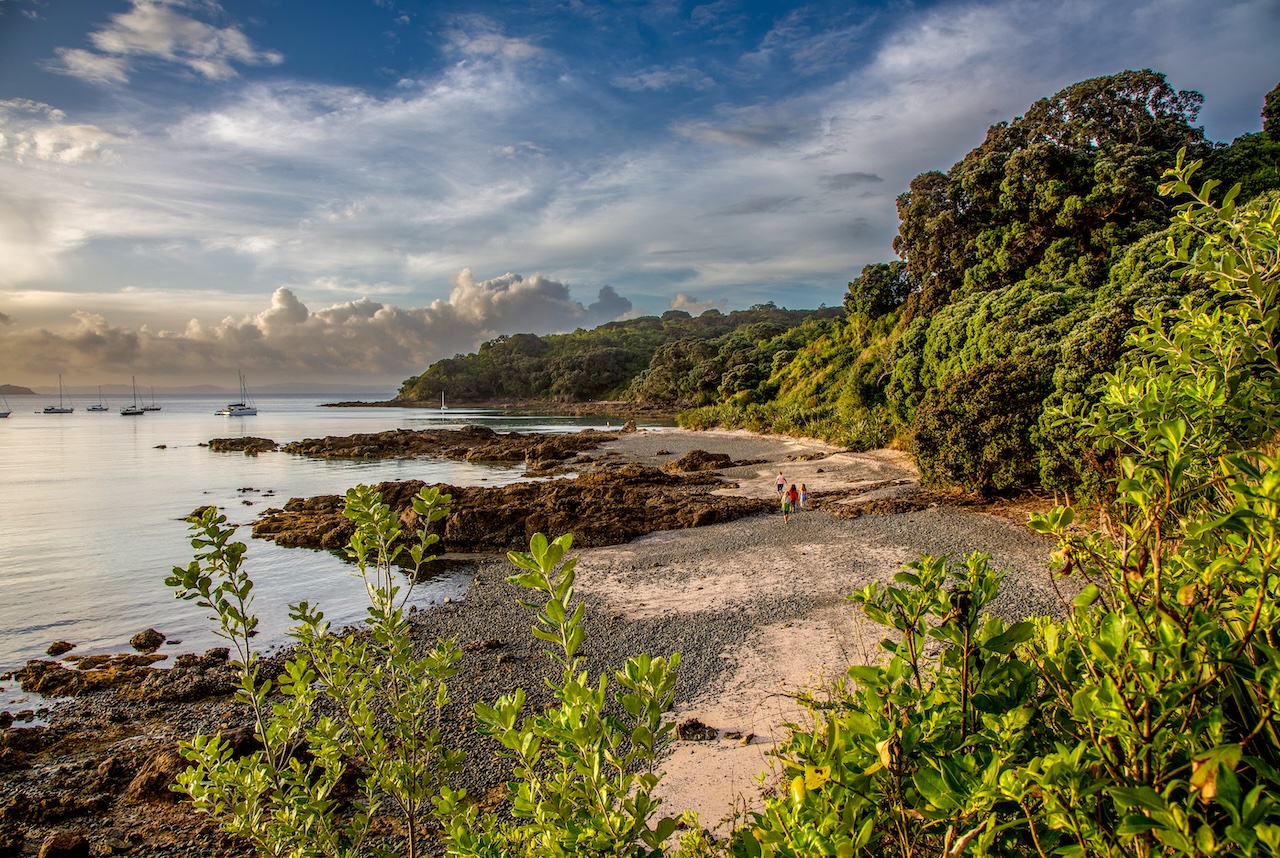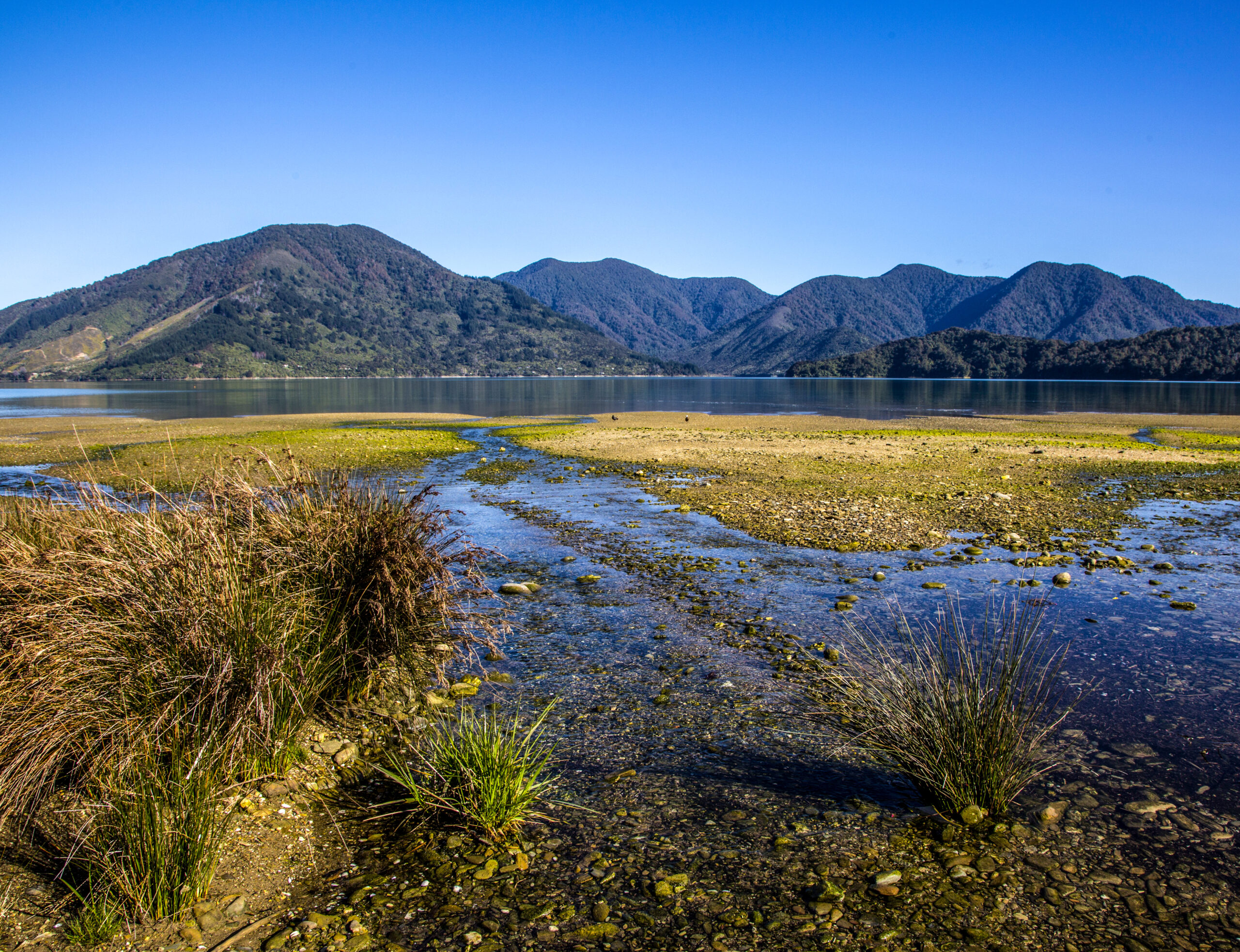Project overview
EDS is undertaking a multi-year research project looking at the future of our oceans management system and options for reform.
Our Oceans Reform Project has two phases.
Phase 1 of the Project (2020-2022) examined issues within the current oceans management regime and identified options for systemic reform.
Phase 2 of the Project (2023-2025) is focusing on developing tangible proposals for reform. It includes two working papers on marine spatial planning and marine protected areas reform and three place-based case studies on the Marlborough Sounds, Otago coast and Bay of Islands. A final report will canvasses the merits of an Oceans Commission, National Oceans Act and National Oceans Strategy.
This work builds on prior research investigating inshore fisheries management in 2018 (Voices from the Sea: Managing New Zealand’s Fisheries here) and aquaculture management in 2019 (Farming the Sea: Marine Aquaculture within Resource Management Reform here).
We frequently draw on this research when preparing submissions on legislative and policy amendments affecting the marine environment.
If you would like to discuss EDS’s ocean reform work, please contact Raewyn Peart at raewyn@eds.org.nz.
We thank the New Zealand Law Foundation, the Michael and Suzanne Borrin Foundation, Whakatupu Aotearoa Foundation, the Ministry for the Environment and the Department of Conservation for supporting our oceans reform work.
